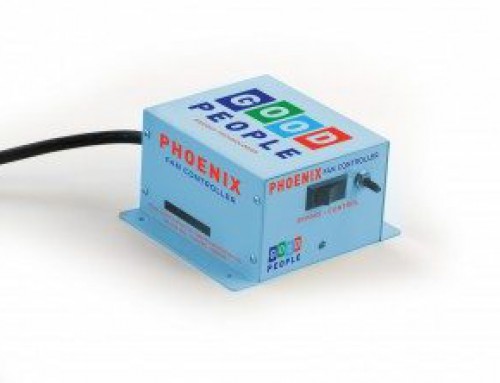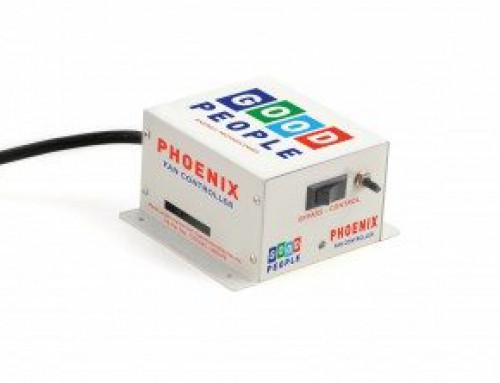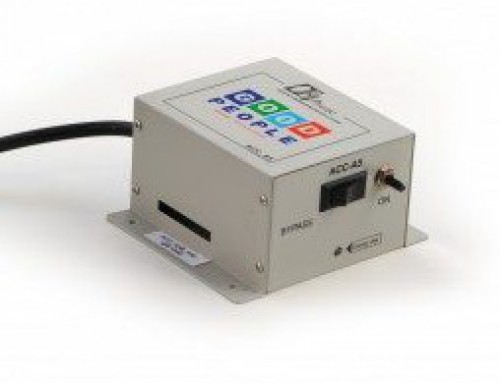Most business owners have heard of trade secrets. But most also think that they are something that only big businesses have. You probably picture cloak-and-dagger industrial espionage when you hear about trade secret theft. In reality, all businesses have trade secrets. Yours included. A trade secret is really any information that is valuable to your business because it is not generally known. But it comes with the caveat that you have to be taking reasonable steps to keep it secret. So, how reasonable are you?
- Over-Reliance on NDAs. Non-Disclosure Agreements (NDAs) are handy and a really good idea for putting other people on notice that you don’t want them sharing your stuff. But they are really difficult to enforce and once the information is out there, it is out there. An NDA should not cause you to drop your guard and share everything. Even with an NDA, only share what is absolutely necessary.
- No NDA System. Many people use NDAs randomly—either when the other person asks or they start to get nervous about specific information they are sharing. NDAs should be systematic. You should know what kind of relationships and discussions require them and make sure they are used every time that situation arises. You should also have a way (a spreadsheet is fine) to track who you have NDAs with, what they cover, and how long they last. Get written confidentiality obligations from all employees and contractors—don’t assume.
- Signing Too Many NDAs. Some people are taken aback when an investor, supplier, or customer says “No” to signing an NDA. They think, “Why would signing an NDA be a big deal unless they are planning to rip me off?” The answer is, “The Contamination Problem”. If you are in the business of finding new business opportunities, sooner or later multiple people will come to you with very similar ideas. If you sign NDAs with everyone, then the pissed-off person you decided not to work with will have a basis to sue you. Even if you could ultimately prove you got the idea from someone else, the lawsuit costs time, money, and energy. So, many folks only accept non-proprietary information until a certain point in the relationship where it is worth the risk. Each time you sign an NDA to protect someone else’s stuff, that is another source of trade secrets you need to keep track of. Think before you sign, “Do you really want to be responsible for their information?”
- Failure to Identify. You have probably heard the adage, “If you market to everyone, you are marketing to no one.” A similar concept applies to trade secrets. If you treat everything as a trade secret, it is quite possible that nothing is a trade secret. I have seen judges take the position that if you haven’t identified something as a trade secret and marked it as “Confidential”, “Proprietary”, or in some other obvious way, then it isn’t a legally protectable trade secret. From a practical standpoint, in today’s open and collaborative work places, it is impractical to treat everything as confidential, so you need to identify the things you really care about for yourself, your staff, and your partners.
- Failure to Train. Do you know what the #1 source of information leak is? Employees. With good intentions or with bad, employees are your biggest risk of trade secret loss. Not generally because they are angry or looking to hurt you, but because they just don’t know any better. Make sure they understand: 1) confidentiality matters, 2) what is confidential (which is why identifying trade secrets is so important), 3) what the policy is on NDAs, and 4) what is OK to share publically and under NDA.
The big secret of trade secret law is that you never want to use it. Suing someone for stealing your secrets isn’t nearly as gratifying as it sounds. Your goal is really to make sure that stuff you want to keep secret, stays secret. Do you know the best way to protect your trade secrets? Not share them. Always consider whether there is a real need-to-know. If not, don’t share it.









Leave A Comment